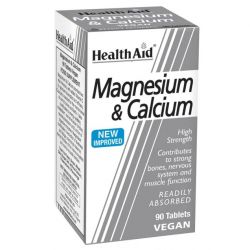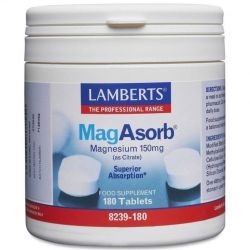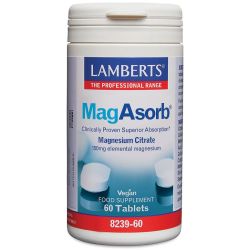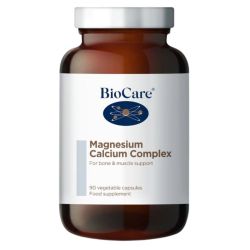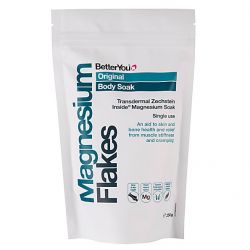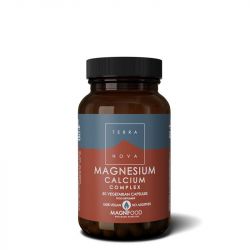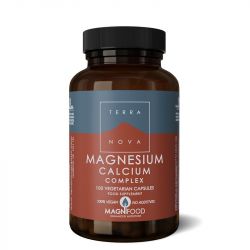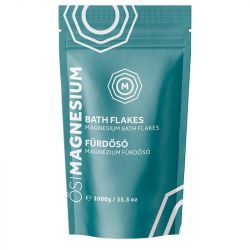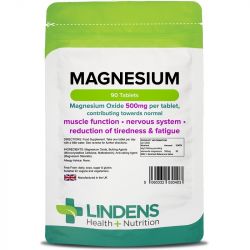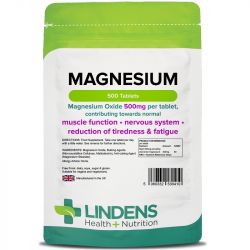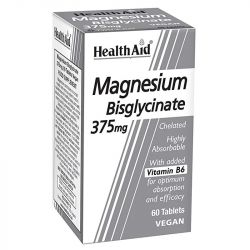Magnesium Supplements

Magnesium is an essential mineral involved in over 300 enzymatic reactions in the body, supporting functions like energy production, muscle and nerve function, and maintaining healthy bones. Its versatility means that different forms of magnesium are tailored for specific needs, from aiding digestion, supporting sleep, and enhancing cognitive health. Incorporating the right type of magnesium into your routine can target your unique health goals.
All you need to know about Magnesium
What are the health benefits of magnesium?
Magnesium is important for supporting bone health, as it plays an important role in how our teeth and bones grow and develop (alongside calcium). Magnesium can also help reduce fatigue and tiredness, as it can boost the way your body carries energy to your cells. Magnesium (along with calcium), aids muscle use and our ability to contract and relax our muscles, so good magnesium levels are important for everyday muscular function. Magnesium also helps support a healthy nervous system and psychological processing.
What type of magnesium supplement should I use?
Magnesium supplements and tablets are a great way to top-up your magnesium needs. Magnesium also comes in oil sprays, where you can spray it into your mouth and ingest it orally. You can also sprinkle magnesium flakes into your bathwater or foot spa to ingest it through your skin.
What is the best form of magnesium supplement?
One of the best forms of magnesium supplement is magnesium malate. This form is excellent for absorption into the body and thus has more effective benefits for the body.
How much magnesium do I need per day?
For women, you should be getting 270mg of magnesium per day. For men, it should be 300mg.
How do I know if I have a magnesium deficiency?
If you lose your appetite and feel nauseous and tired quite frequently, this could mean that you are suffering from hypomagnesemia, and need to get more magnesium in your diet.
Other indications of magnesium deficiency include feeling weak, muscle cramps and involuntary spasms, raised blood pressure, an irregular heartbeat, and in severe case, seizures. Speak to your GP if you suspect you may have a magnesium deficiency.


